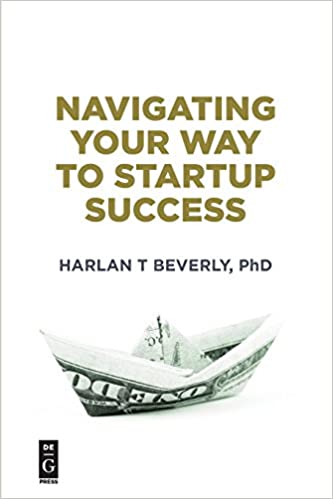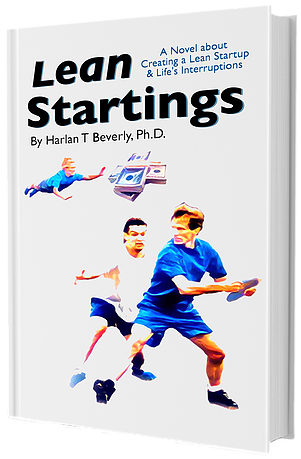It’s that time of year again. Time to start a new company! No, not me, not yet… I’m still working on http://freebeer.ai, which by the way just made some real money last week (our first time asking for money generated about a 2% conversion rate).
Nevertheless, here are 10 Good Startup Ideas for 2017/2018… according to, well, me.
Why are they good, you might ask?
“Why are they good Dr. Beverly?”
Well…
I have no idea if they are actually good (e.g. will generate sales), which is how I usually determine goodness… but…
These ideas seem: a.) to solve a real problem. b.) to be easily testable c.) to be scaleable and d.) be able to have something that is protect-able.
Here they are, steal them please!
1.) Solar Computers
2.) AI for exercise/fitness (maybe even a martial arts bent to it)… the AI personal trainer.
3.) Solar Bike
4.) AI for price-matching
5.) Solar Gameboy
6.) AI for research (market research, topic research, searches, etc.).
SENSING A THEME OR 2 HERE?
Okay, here is a few more…
7.) VR Cafe / Gym
8.) Smarter Microwaves
9.) VR College
10.) Smarter Dishwasher
More themes? Well, yes. 2017/2018:
AI is exploding
Solar is burgeoning
VR is popping
and Smart is here to stay.
Get crakin’
Oh, and please buy my new book… Lean Startings – a novel about the life of a Lean Startup



